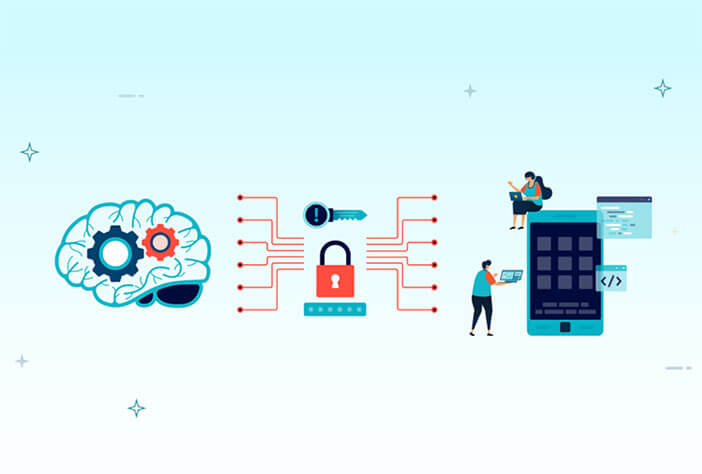BLOG
Artificial Intelligence is reshaping how we interact with technology, from virtual assistants to advanced search engines. However...
Discover how generative AI is changing the application security landscape and how you can turn it into an ally to solidify your security framework...
As per Statista, mobile apps are estimated to generate over $935 billion in revenue in 2024
Featured blogs
Expert insights on navigating application security challenges
While SDLC ensures development efficiency & monitors time and budget constraints, SSDLC integrates security at each step.
"In an era where the scope and meaning of cyber hygiene are constantly shifting...
Artificial Intelligence is reshaping how we interact with technology, from virtual assistants to advanced search engines.
Explore our blogs
BLOG
Is Perplexity AI Safe to Use? Security Flaws in ...
BLOG
Mobile App Security Audit Checklist
BLOG
DataTheorem Alternatives & Competitors for ...
BLOG
Top 10 API Security Testing Tools for Mobile Apps ...
BLOG
RASP vs. VAPT: Why You Need Both for Unbreakable ...
Hackers never rest. Neither should your security!
Stay ahead of emerging threats, vulnerabilities, and best practices in mobile app security—delivered straight to your inbox.
![]() Exclusive insights. Zero fluff. Absolute security.
Exclusive insights. Zero fluff. Absolute security.
![]() Join the Appknox Security Insider Newsletter!
Join the Appknox Security Insider Newsletter!

.jpg?width=702&height=474&name=Is-the-Deepseek-Android-App-Safe_-Appknox-Finds-Major-Security-Risks%20(1).jpg)







